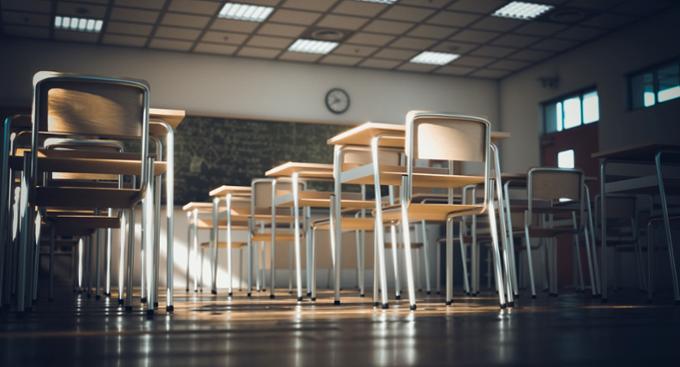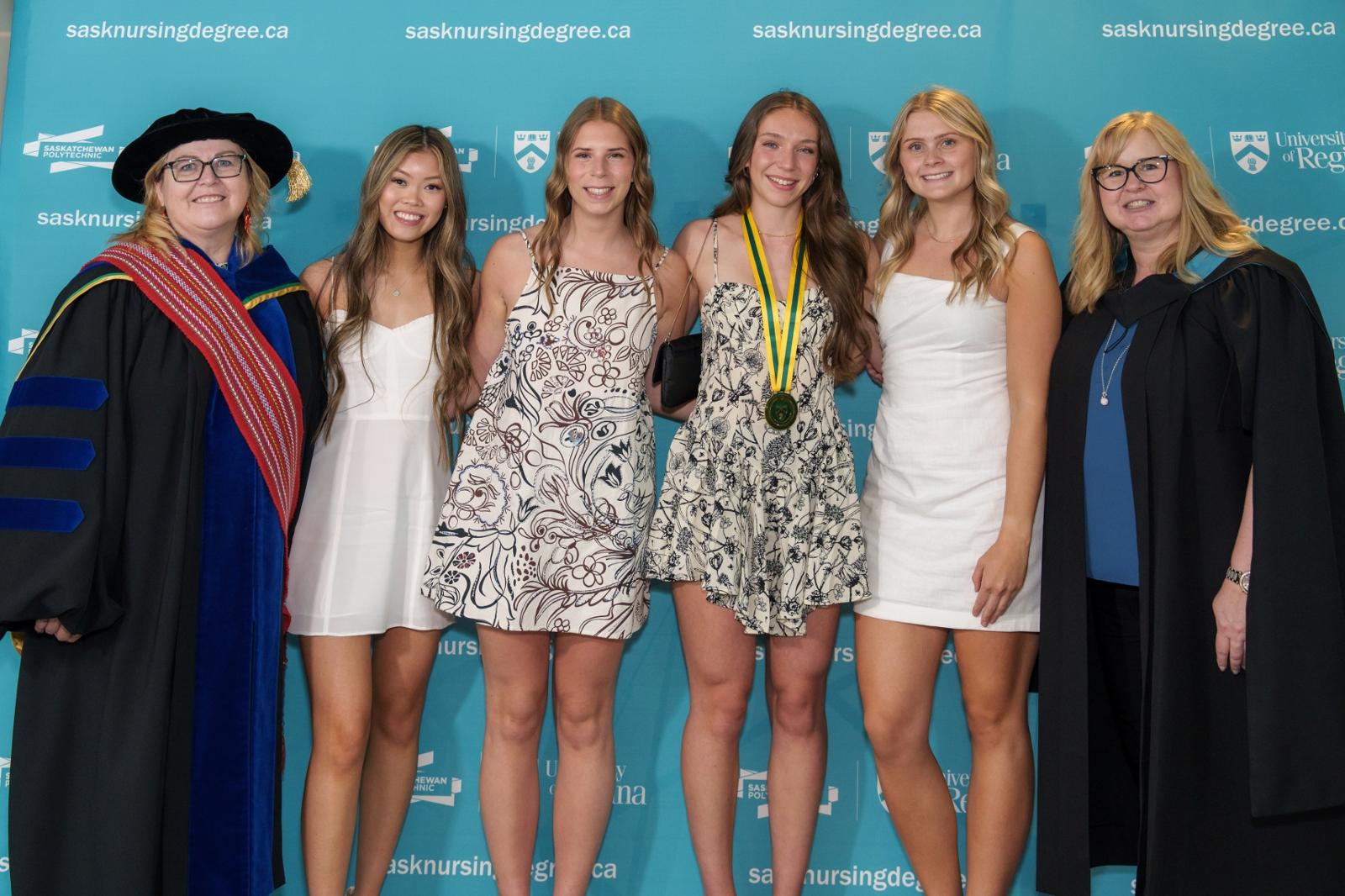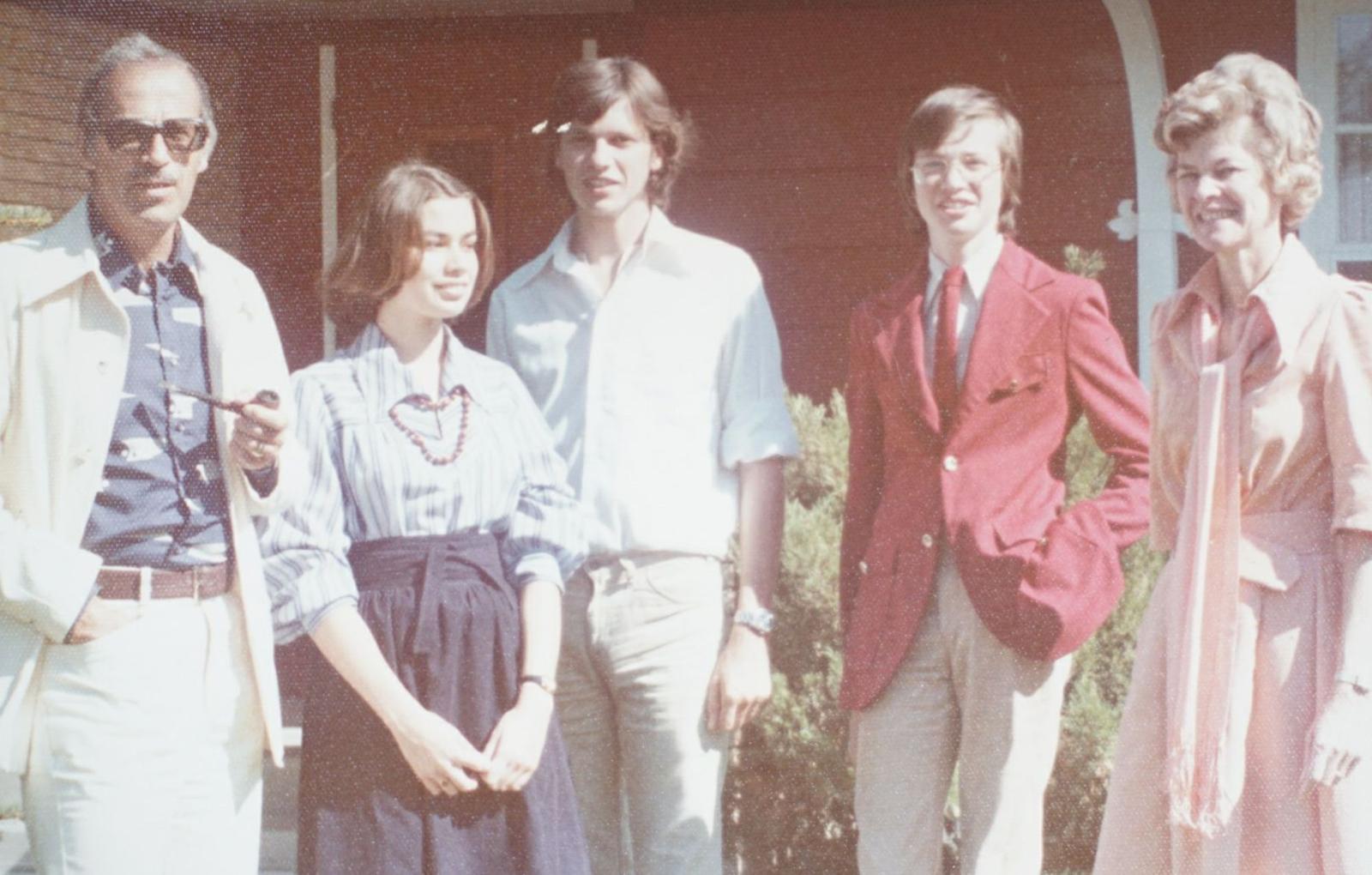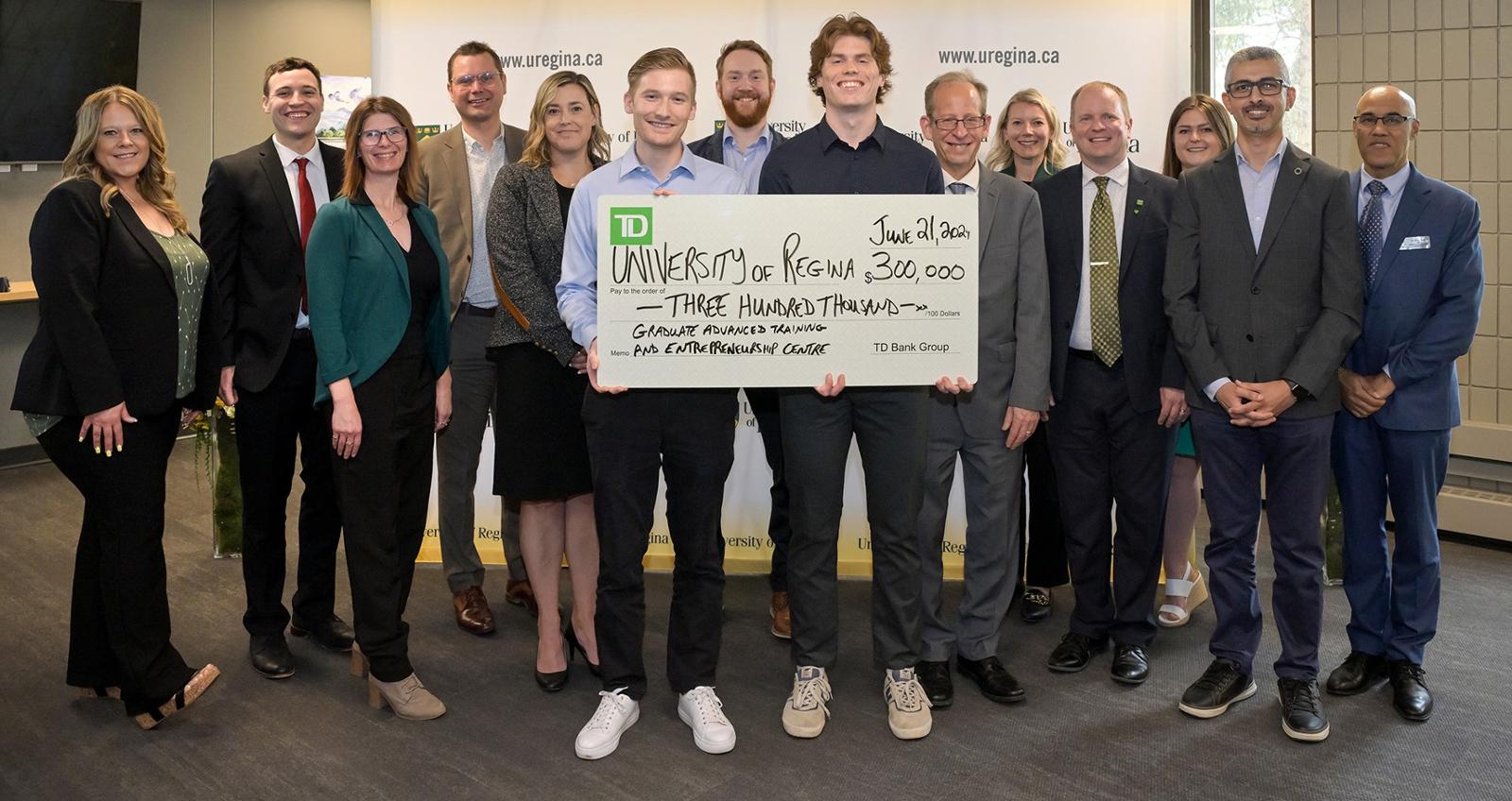Being an educator means shaping the minds of future leaders, innovators, and dreamers—a responsibility Christel Bonsu does not take lightly. With over a decade of teaching experience, from being an elementary school teacher in Ontario to a sessional instructor for the Faculty of Education at the University of Ottawa, Bonsu is acutely aware of the gaps in the educational system including, the lack of black literacies in the classroom. Through her PhD studies, Bonsu aims to drive meaningful change.
“I have a strong intrinsic motivation,” says Bonsu. “I’m working toward something important to me, as a Black teacher and a Black woman. Because this is me, this is what I want to contribute to the educational system.”
Bonsu had long harboured ambitions of pursuing a PhD. She holds a Bachelor of Arts in Psychology from York University, and a Bachelor of Education and a Master of Education from the University of Ottawa. So, it made sense in the aftermath of the COVID-19 pandemic, that she found herself ready for a new challenge and enrolled at the U of R.
I love U of R’s academic excellence. I love the fact that I’ve had the privilege to learn from professors who are very engaging and both flexible and inclusive in their approach and teaching styles. — Christel Bonsu, PhD Education Student
Initially, the thought of moving was intimidating. "When you relocate somewhere, there will always be the fear of the unknown," says Bonsu. However, with her academic goals in mind, Bonsu faced her fear head-on. She immersed herself in life at the University of Regina, living on campus and working as a Research Assistant and Teaching Assistant. For Bonsu, the funding she received from the Faculty of Graduate Studies and Research (FGSR) was crucial. These scholarships lifted a huge financial burden, allowing her to focus entirely on her studies.
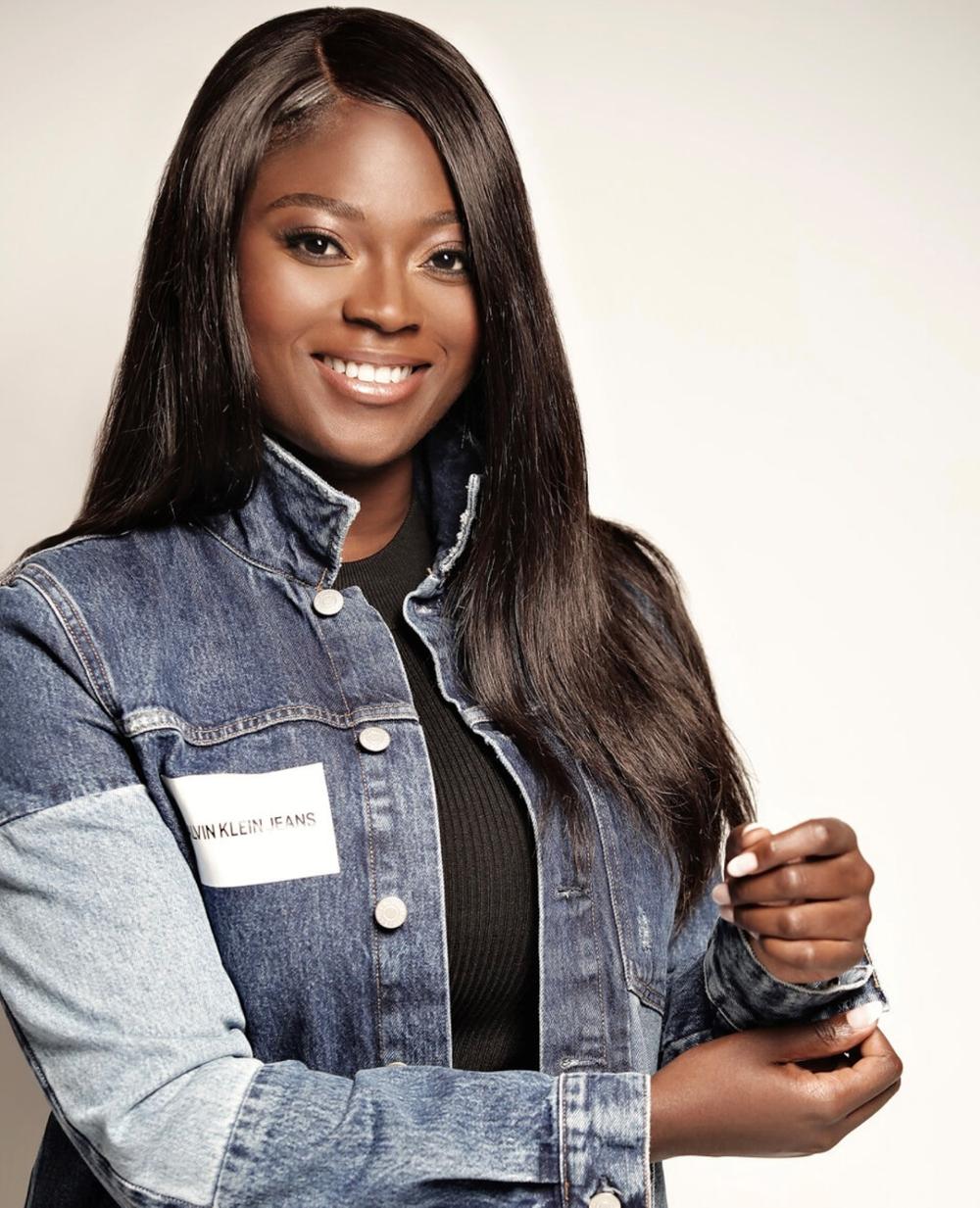
Academic Pursuit
Under the supervision of Dr. Jennifer MacDonald, Assistant Professor of Physical Education and Outdoor/Land-Based Education, Bonsu dedicated the past year to two areas of research. One topic is artificial intelligence literacies, including the integration of technologies into the classroom – like the use of educational robots. At the same time, she focuses on Black literacies, to diversify the curriculum and help people build intercultural relationships.
“In Canadian history, we have African Canadians that have contributed to Canada’s history, and we don't see that in the classroom or if we do, it's a one-time thing during Black History Month. That's not enough,” says Bonsu.
Despite the substantial research project ahead, many might feel intimidated, but Bonsu is eager to learn as much as she can. She is particularly grateful for the exceptional quality of education she is receiving, which fuels her enthusiasm and determination.
“I love U of R’s academic excellence,” says Bonsu. “I love the fact that I’ve had the privilege to learn from professors who are very engaging and both flexible and inclusive in their approach and teaching styles.”
These teaching styles offered the opportunity for hands-on learning. Bonsu recalls a favourite assignment in which she interviewed a Black pilot who was working to integrate Black literacies into her teachings. Bonsu then presented her findings to her class of future teachers, demonstrating how they can incorporate diversity and inclusion in their classrooms and create opportunities to highlight Black role models for their students.
Having classes that weren’t solely focused on papers but allowed students to express their interests meant the world to Bonsu. "When you do that, you give students the opportunity to succeed. You are connecting with them and allowing them to flourish," says Bonsu.
Simultaneously, discussions with her supervisor, Dr. MacDonald, challenged her to delve deeper into the complexities of Black epistemologies, further expanding her understanding of her doctoral research.
Reflecting on the achievement of completing her first year, Bonsu admits, "I didn't realize I could do all this work. It really is a lot of work, but it’s beautiful."
Bonsu looks forward to what the next school year will bring and is enthusiastic about the opportunity to contribute to academia.
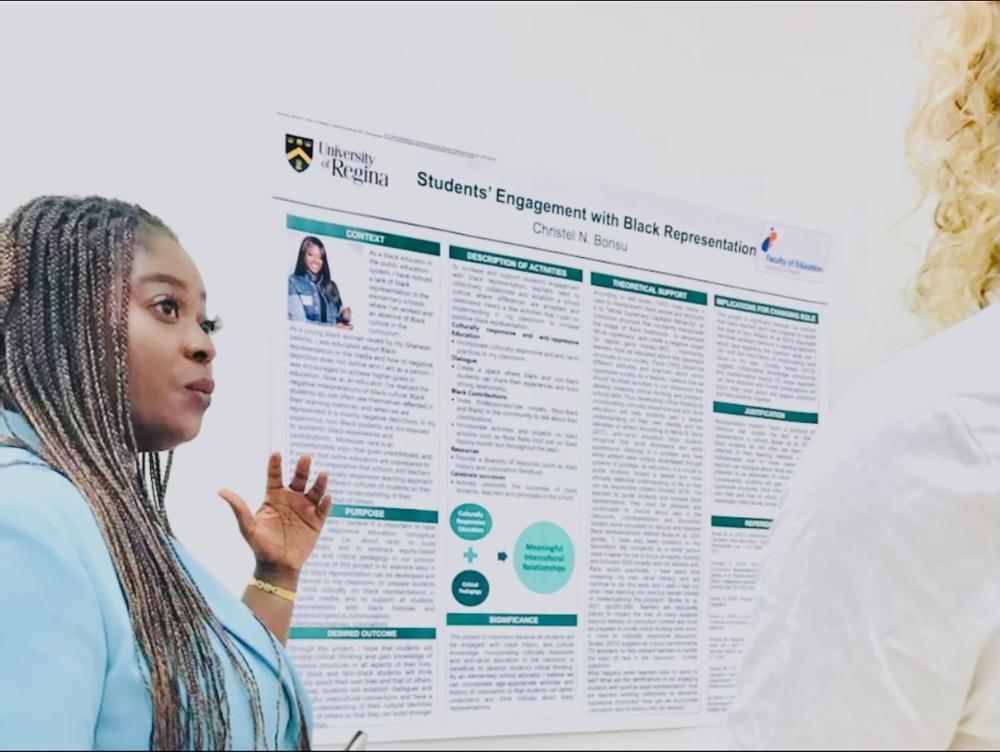
Tips for students
For students considering any level of education, Bonsu’s greatest piece of advice is to be open to serendipity. "Be open to the opportunities that present themselves in life. You never know what's going to happen," she says. "Be open and take risks."
Before deciding to attend the University of Regina, Bonsu admits she experienced a lot of fear and doubt. To combat those worries, she focused on the positives, considering the potential opportunities and the future impact she could make.
Bonsu also recommends, "If you are coming from outside of Saskatchewan, I absolutely recommend living on campus, even if it's just for your first semester."
She was pleasantly surprised to discover that her floor in Paskwāw Tower was exceptionally quiet, providing an ideal space to unwind and concentrate. Throughout her year in residence, she found numerous benefits to living on campus, such as proximity to student facilities, 24/7 security from U of R Protective Services, a community of students to connect with, and perhaps most importantly, the luxury of catching a few extra minutes of sleep.
"A sense of community and belonging is very significant and crucial to your well-being, growth, and overall happiness. I’m really grateful to have found this here," says Bonsu.
Considering living on campus? Explore your options through Housing Services.
About the University of Regina
2024 marks our 50th anniversary as an independent University (although our roots as Regina College date back more than a century!). As we celebrate our past, we work towards a future that is as limitless as the prairie horizon. We support the health and well-being of our 16,700 students and provide them with hands-on learning opportunities to develop career-ready graduates – more than 88,000 alumni enrich communities in Saskatchewan and around the globe. Our research enterprise has grown to include 21 research centres and 12 Canada Research Chairs. Our campuses are on Treaties 4 and 6 - the territories of the nêhiyawak, Anihšināpēk, Dakota, Lakota, and Nakoda peoples, and the homeland of the Michif/Métis nation. We seek to grow our relationships with Indigenous communities to build a more inclusive future.
Let’s go far, together.
